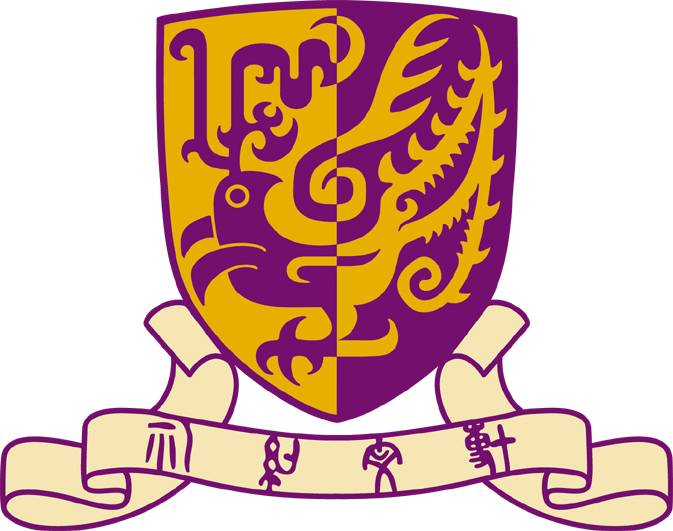How are Anthropology and Citizenship and Social Development / Liberal Studies related?
Anthropology, as the study of human beings in different societies, is a rich discipline that considers all aspects of human life, from prehistoric archaeological sites to the global spread of McDonald’s and from the rituals of ‘tribal’ groups to internet chatrooms and how they create contemporary friendships. Since Anthropology is interested in all things about human, it is an ideal link to Citizenship and Social Development / Liberal Studies as now taught as a core subject in secondary schools.
The courses we offer, such as “Culture of Hong Kong”, “Chinese Culture and Society”, “Marriage, Family and Kinship”, “Globalization and Culture”, “Medicine, Health and Culture” and “The Environment and Culture”, especially match with the areas of study in Citizenship and Social Development / Liberal Studies, which provide students an opportunity for in-depth exploration on these issues. Supported by theories and research methodology, Anthropology inspires critical perception of social phenomena. For those who seek to further their Citizenship and Social Development / Liberal Studies education, anthropology offers a perfect home.
How is Anthropology different from Cultural Studies and Sociology?
Anthropology belongs to both the discipline of arts and social sciences, with cultural studies on its arts side and sociology on its social science side. Cultural studies emerged from literary criticism, and may analyze TV programmes, festivals, and other cultural products in a way similar to literary texts. Anthropologists are also interested in media and festivals, but focus more on the people involved in these activities, doing fieldwork to try to understand them. In this, anthropologists are more like social scientists than literary critics.
Anthropology differs from sociology in that sociology often analyzes people through questionnaires and statistical measures, while anthropology analyzes what people say and do in their lives: anthropologists may spend many months in fieldwork living with the people they study. While sociologists tend to focus on industrial societies, anthropologists compare the cultures they study to the wide range of human cultures.
The difference between these academic disciplines lies in what they emphasize and the methods they employ. Many anthropologists, sociologists, and cultural studies scholars read and value one another’s works, but their focus is different.
What are Job Prospects Like for Anthropology Graduates?
Anthropology explores different aspects of human beings with comparative and broad perspectives. Our students become adept at critical and independent thinking, and are particularly skilled at adapting to a variety of different occupational and cultural circumstances.
Our graduates work in different fields, including:
- cultural heritage studies and preservation, museum professionals
- education (in particular liberal studies), academic research
- civil service, NGOs
- media, publishing, printing
- corporate research, marketing, public relations
- cross-border trading, business management
Graduates’ work destinations include the Hong Kong Museum of History, Hong Kong Museum of Coastal Defence, Leisure and Cultural Services Department, Institute of Future Cities (CUHK), Centre for Learning Enhancement And Research (CUHK), Ming Pao, Price Waterhouse, Swire, etc.
Many of our students also continue their study of anthropology, entering the postgraduate programme at CUHK or studying overseas at universities such as Oxford (Great Britain), Pittsburgh (USA), and Sophia (Japan). Former students tell us that what they learned from anthropology, beyond factual knowledge, was how to understand and interact effectively with people from a variety of different backgrounds.

